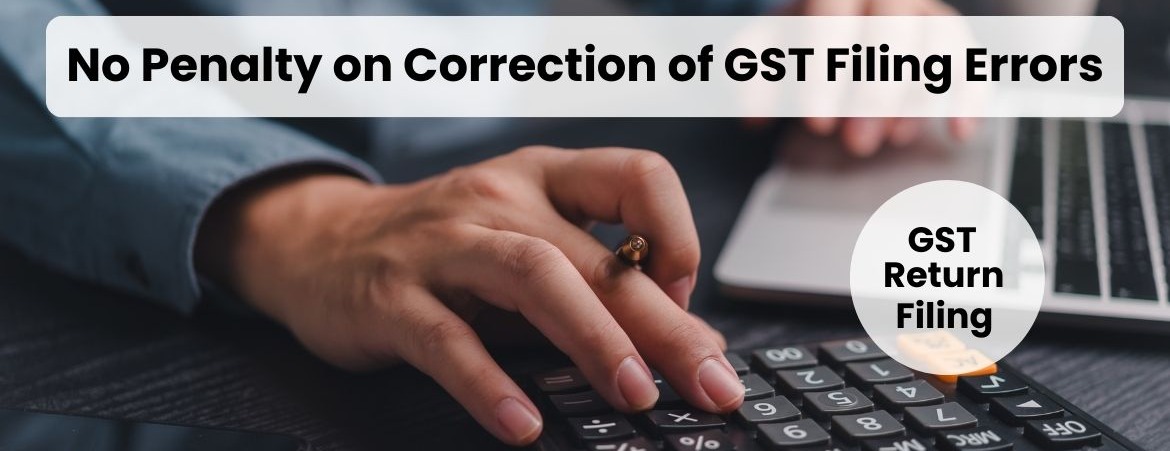Johnson John, J
1. The appellant is the accused in S.C. No. 655 of 2003 of the Additional District and Sessions Judge, Fast Track (Adhoc), Mavelikkara and he is challenging the conviction and sentence imposed on him for the offences punishable under Sections 8(1) and (2) and 55(a) of the Kerala Abkari Act.
2. The prosecution case is that on 19.09.2000, at about 5 p.m., when PW1, Excise Circle Inspector, and party were walking through Kurisumoodu- Pattor road at Edappon in Mavelikkara and when they reached in front of the house of Cheruvayyathu Janardhanan, they saw the accused entering the said road with a bottle in his right hand and on seeing the excise party, the accused attempted to return. But, he was detained and on examination, MO1, bottle containing about 1 litre of arrack, and MO2, glass, was recovered from his possession and it is alleged that the accused had possessed the arrack for the purpose of sale.
3. The appellant pleaded not guilty to the charge framed against him by the trial court under Sections 8(1) and (2) and 55(a) of the Kerala Abkari Act. Thereafter, the prosecution examined PWs 1 to 5 and marked Exhibits P1 to P8 and MOs 1 and 2 to prove the charge against the accused.
4. After the closure of the prosecution evidence, the accused was questioned under Section 313 Cr.P.C and no evidence was adduced from the side of the accused. The trial court found the accused guilty of the offences under Sections 8(1) and (2) and 55(a) of the Kerala Abkari Act and convicted him thereunder and sentenced him to undergo rigorous imprisonment for a period of 3 ½ years and to pay a fine of Rs.1,00,000/- and in default of payment of fine, to undergo rigorous imprisonment for a further period of one year for the offences under Sections 8(1) and (2) and 55(a) of the Kerala Abkari Act.
5. Heard the learned counsel for the appellant and the learned Public Prosecutor and perused the records.
6. The learned counsel for the appellant pointed out that PW1, Excise Circle Inspector who detected the case and seized the contraband items by preparing Exhibit P1 mahazar, has not affixed the specimen impression of the seal used in Exhibit P1 mahazar and that a perusal of Exhibit P5, property list, would show that the specimen impression of the seal used is also not affixed in the property list and that the prosecution has also not marked the copy of the forwarding note and that there is also delay in forwarding the sample to the Chemical Examiner’s Laboratory.
7. A perusal of the evidence of PW1, Excise Circle Inspector, and PW2, Excise Inspector, would show that even though they deposed regarding the occurrence in tune with the prosecution case, they have no case that the specimen impression of the seal used to seal the bottle of arrack seized and the sample taken is affixed in Exhibit P1, mahazar, or Exhibit P5, property list, so as to enable proper comparison to ensure tamper free collection and production of sample before court and the Chemical Examiner’s Laboratory.
8. In Sasidharan v. State of Kerala [2007(1) KLT 720], it was held by this Court that the prosecution has a duty to prove that it was the sample taken from the contraband liquor seized from the accused which had reached the hands of the Chemical Examiner in a fool proof condition, unless the link evidence of actual sampling and sending the same in a sealed packet to the Chemical Examiner with a specimen seal sent separately for tamper proof despatch, the prosecution cannot be held to have brought home the offence against the appellants.
9. The learned counsel for the appellant also pointed out that a perusal of Exhibit P8, report of the Chemical Examiner, would show that sample forwarded from the court as per letter dated 20.09.2000 through the Preventive Officer, Soman Pillai has reached the Chemical Examiner’s Laboratory at Thiruvananthapuram only on 22.09.2000 and the prosecution has not furnished any explanation for the said delay.
10. As noticed earlier, in this case, the copy of the forwarding note prepared for sending the sample for chemical analysis is not marked in evidence. It cannot be disputed that the forwarding note is expected to contain the specimen impression of the seal used for sealing the bottle containing the samples and therefore, in the absence of the forwarding note marked in evidence, it cannot be held that the prosecution has proved beyond reasonable doubt that the very same samples taken at the spot of the occurrence had reached the Chemical Examiner’s Laboratory for analysis in a tamper proof condition.
11. Therefore, on a careful re-appreciation of the evidence available, I find that the prosecution has failed to comply the mandates necessary to ensure tamper proof collection of sample and adduce satisfactory evidence to prove that there was tamper proof despatch of the sample. In the above circumstances, it is found that the prosecution has not succeeded in proving the case against the accused beyond reasonable doubt and that the appellant/accused is entitled for the benefit of doubt and as such, the conviction and sentence imposed by the trial court against the appellant/accused are liable to be set aside.
In the result, this appeal is allowed and the conviction and sentence imposed by the trial court against the appellant/accused are set aside and he is acquitted of the offences punishable under Sections 8(1) and (2) and Section 55(a) of the Abkari Act. The bail bond executed by the appellant/accused shall stand cancelled and he is set at liberty forthwith.

